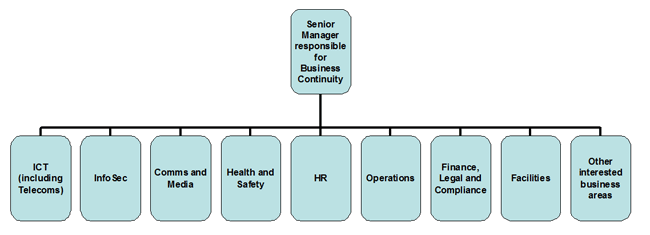
My role as events coordinator is very varied. We also have a presence at a number of larger conferences and festivals where we manage cafes or have exhibition stands. One of the ways we do this is by organising events such as conferences, key investor dinners and community fundraisers. It’s very difficult to find a job within the charity sector so the internship was a really good way for me to build up some experience after leaving university.Īs events coordinator I work in a team that seeks to promote the work of our charity to gain new supporters who will donate money and campaign for our work. I got my job after completing a degree in International Development Studies followed by a year-long internship in management and leadership at a charity called Christians Against Poverty. Helen Brown is 25 and has worked as events coordinator at Tearfund, an international development charity, for almost two years. With experience there is plenty of scope for promotion with opportunities to take on larger budgets, bigger events and the opportunity to progress to a management position within the organisation. Career ProgressionĮvents managers usually start as an assistant within an events-manager department, taking on more responsibility as their experience grows. With experience, many events managers go on to set up their own business or work freelance which can be more lucrative, although it does rely on having a strong client base. Events managers are also employed by charities, hotels, conference venues or leisure facilities.Īdditionally, there are also a large number of specialist events management companies who work for a wide variety of clients. EmployersĮvents managers can work in-house for a large corporate, educational or public-sector organisation as part of the events team.
#Roles of event manager professional#
Organising events in a social or professional capacity will always prove a useful experience and show enthusiasm for the job, whatever the size or nature of the event. It is advised that prospective events managers get as much experience as possible in an administrative, marketing or project-management role which all require organisation, the ability to manage conflicting tasks and the ability to work to tight deadlines.įor those just starting out in their careers it would be valuable to gain some voluntary work experience as an assistant within an events-management department of a company. Employers will want to see evidence of organisational and events experience. Relevant experience is more important than qualifications for those seeking work as an events manager. The job is largely office-based but includes a significant amount of out-and-about work, including tasks such as visiting venues or purchasing supplies. In the run-up to an event overtime is usually required. Events managers typically work standard office hours, although the actual events often happen in the evenings or at weekends. Working as an events manager can be a hugely demanding and stressful job, particularly in the immediate run-up to the event.

Ensuring tasks are delivered on time and on budget.Supervising contractors, staff and volunteers.

Managing the PR and marketing for the event.Clarifying the overall aims and objectives of the event.

The role of an events manager is extremely varied and is largely determined by the nature of the company or client and the type of event being organised. Events managers in large, high-profile companies can earn as much as £80,000.
#Roles of event manager pro#
At the start of their career, events managers typically earn between £16,000 and £21,000 pro rota, although with substantial experience this can increase to £40,000.


 0 kommentar(er)
0 kommentar(er)
